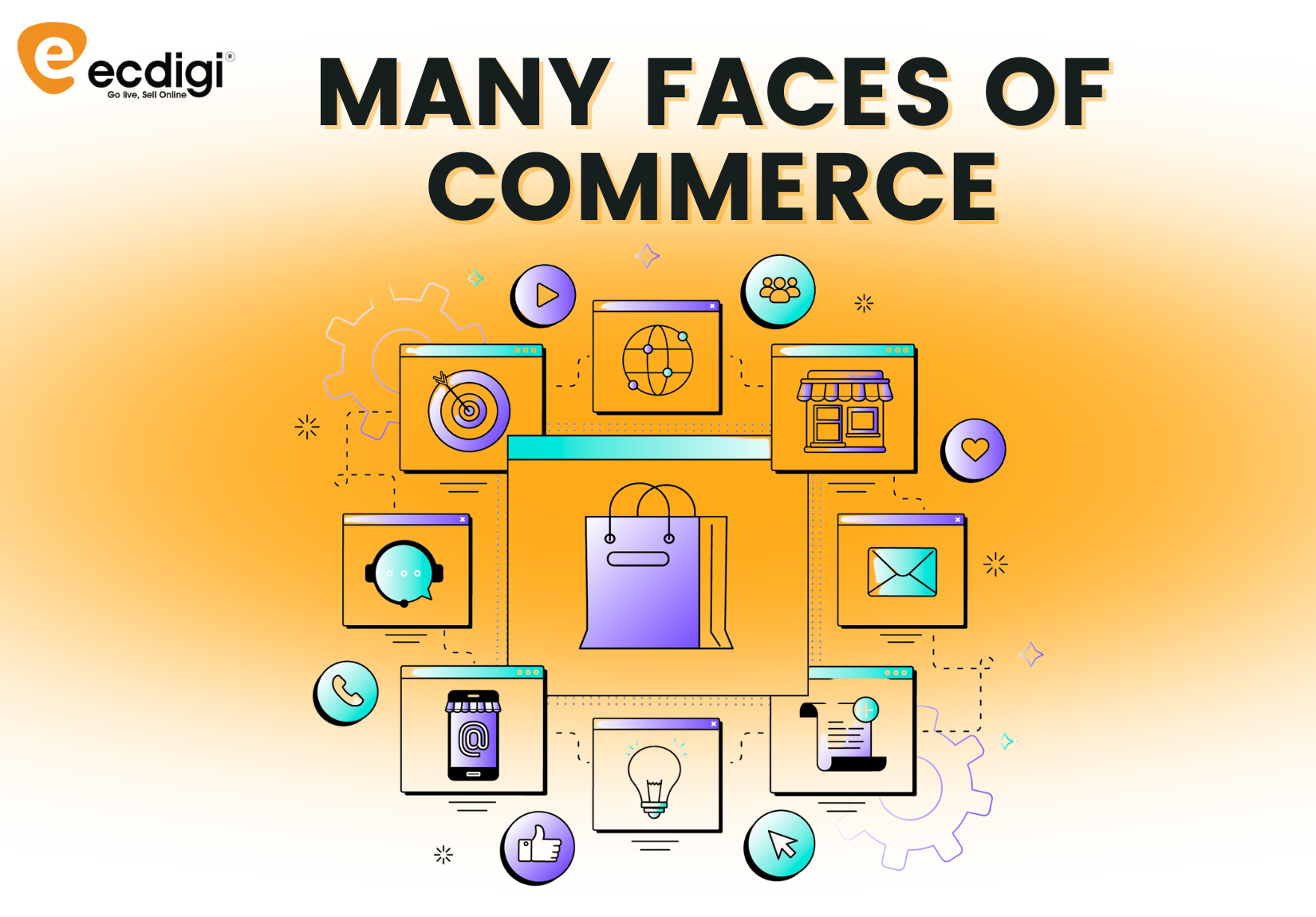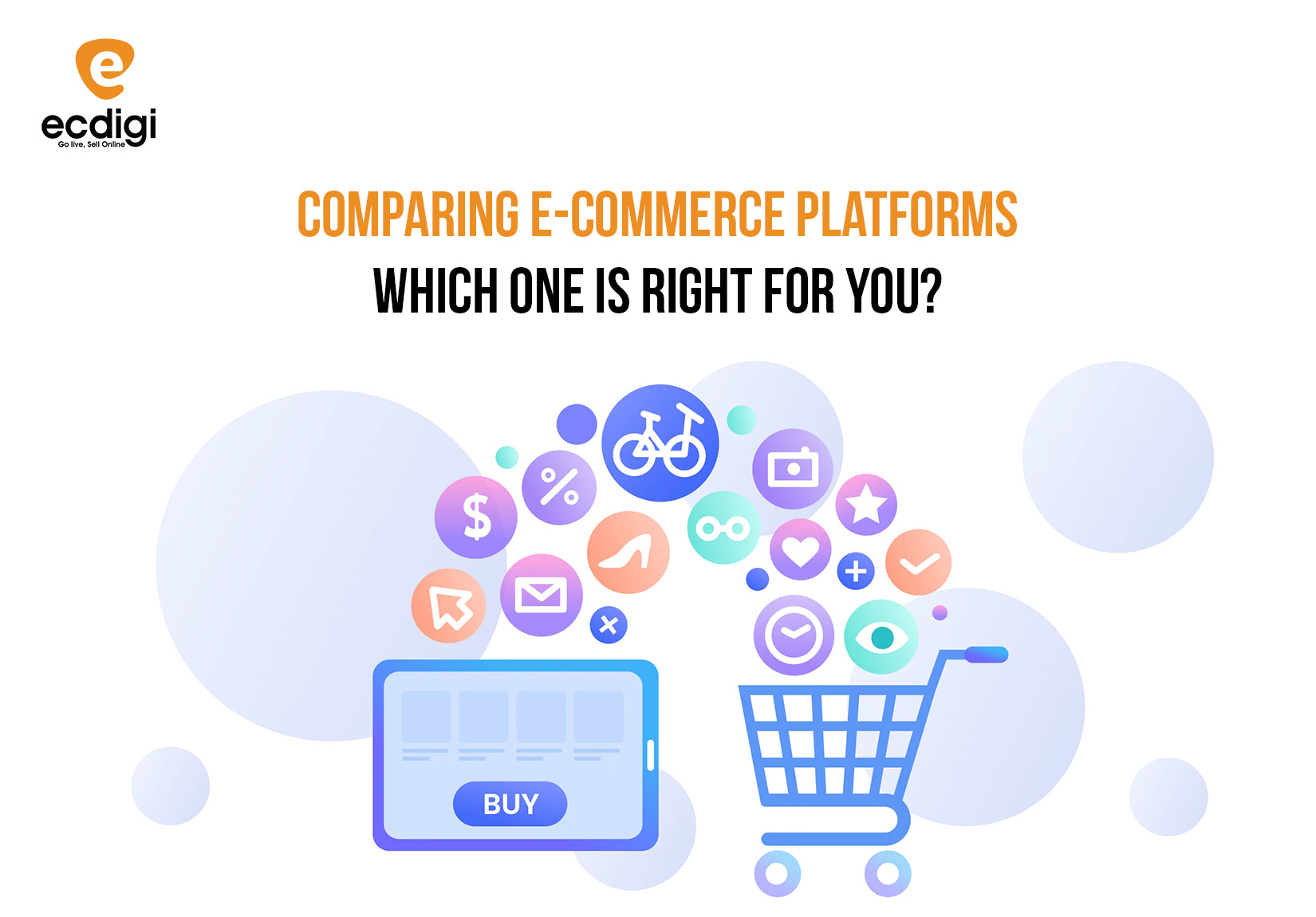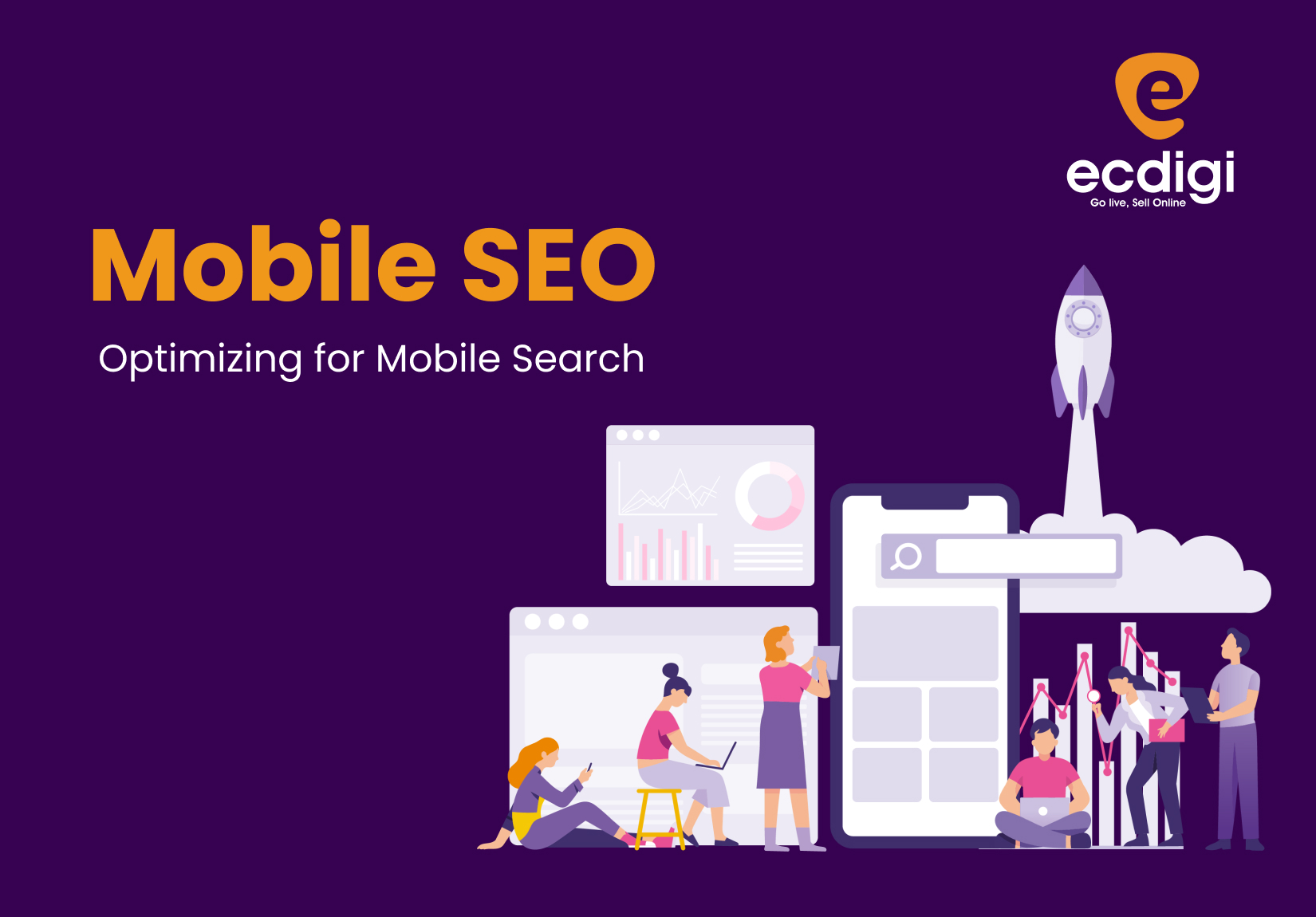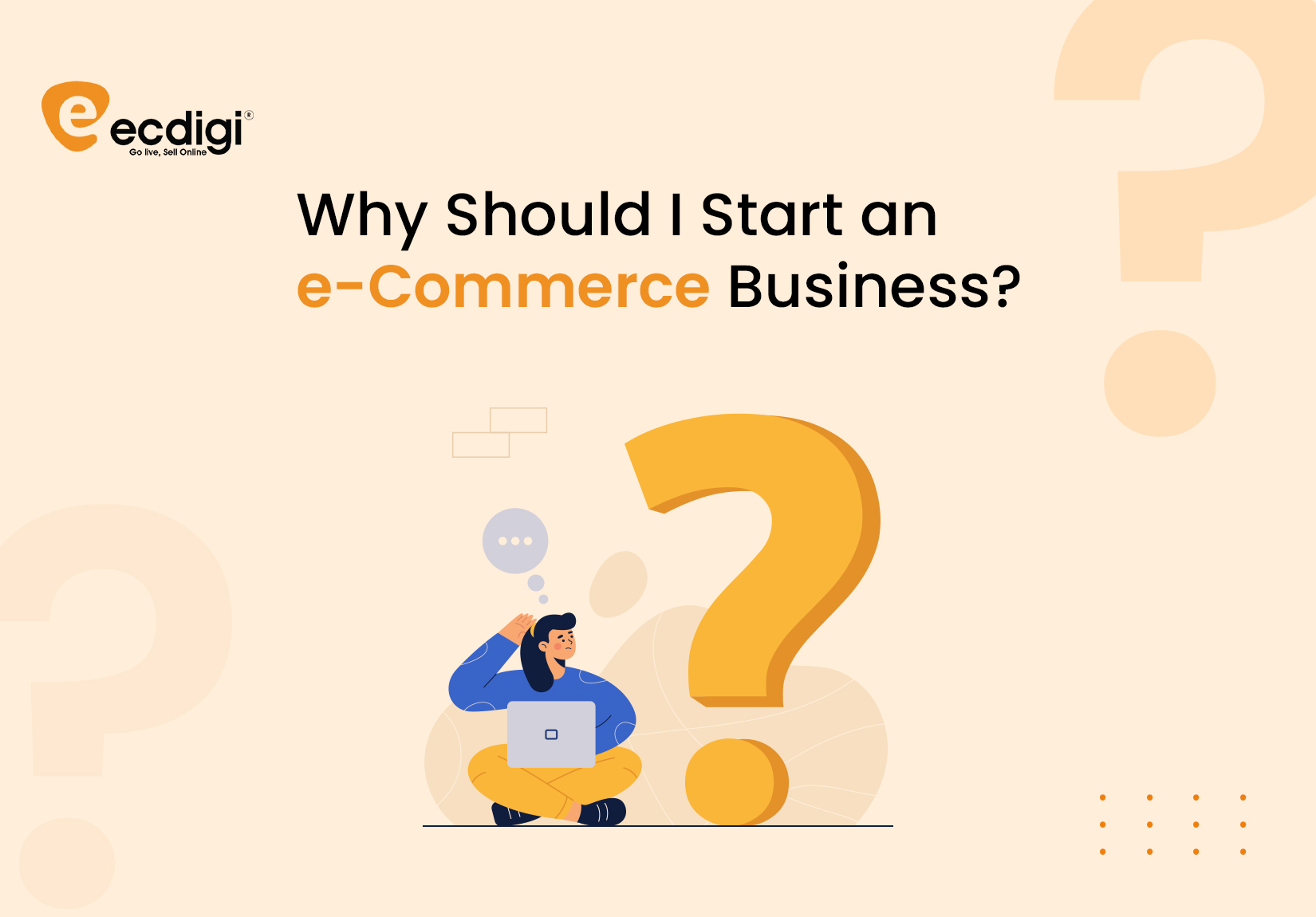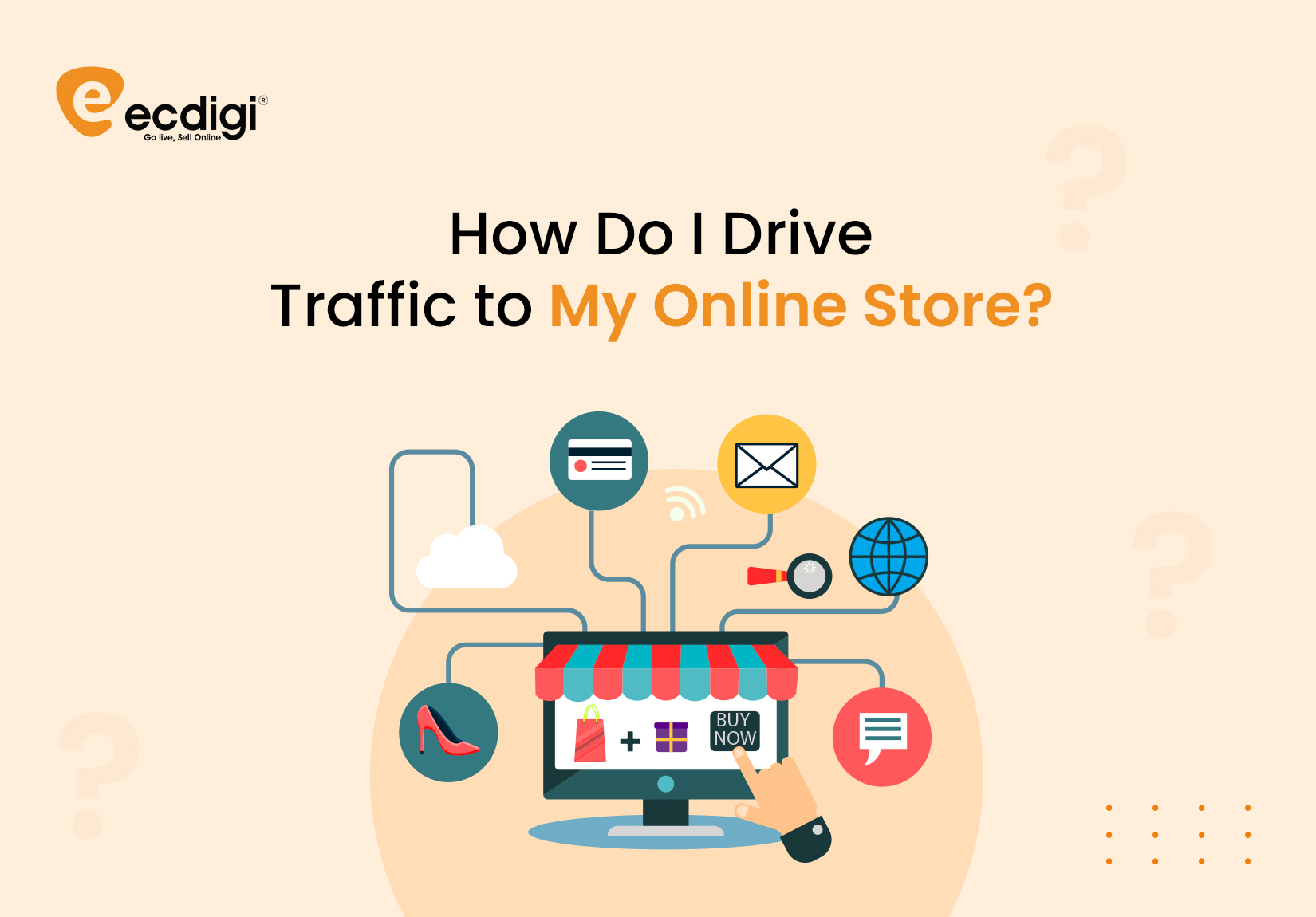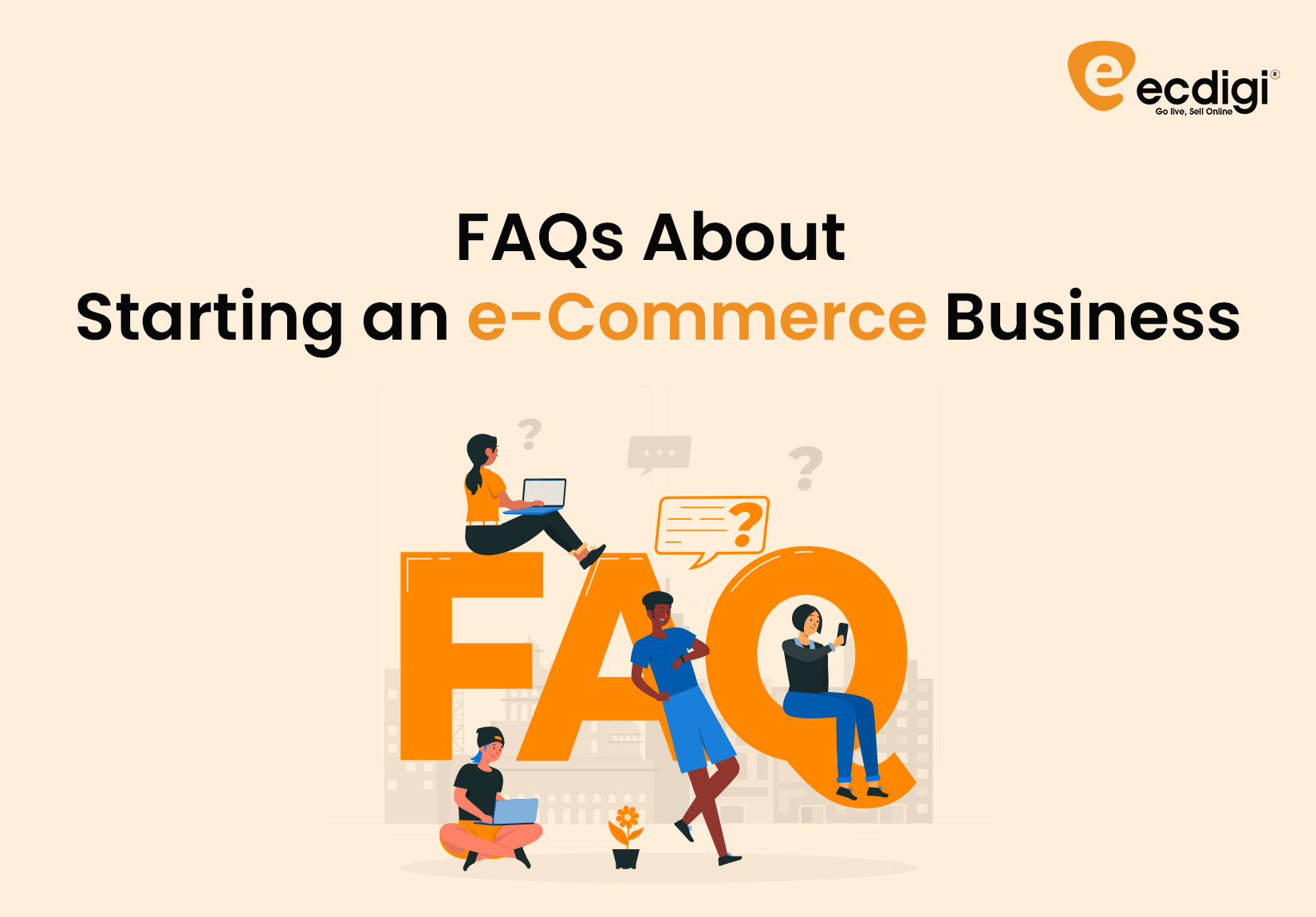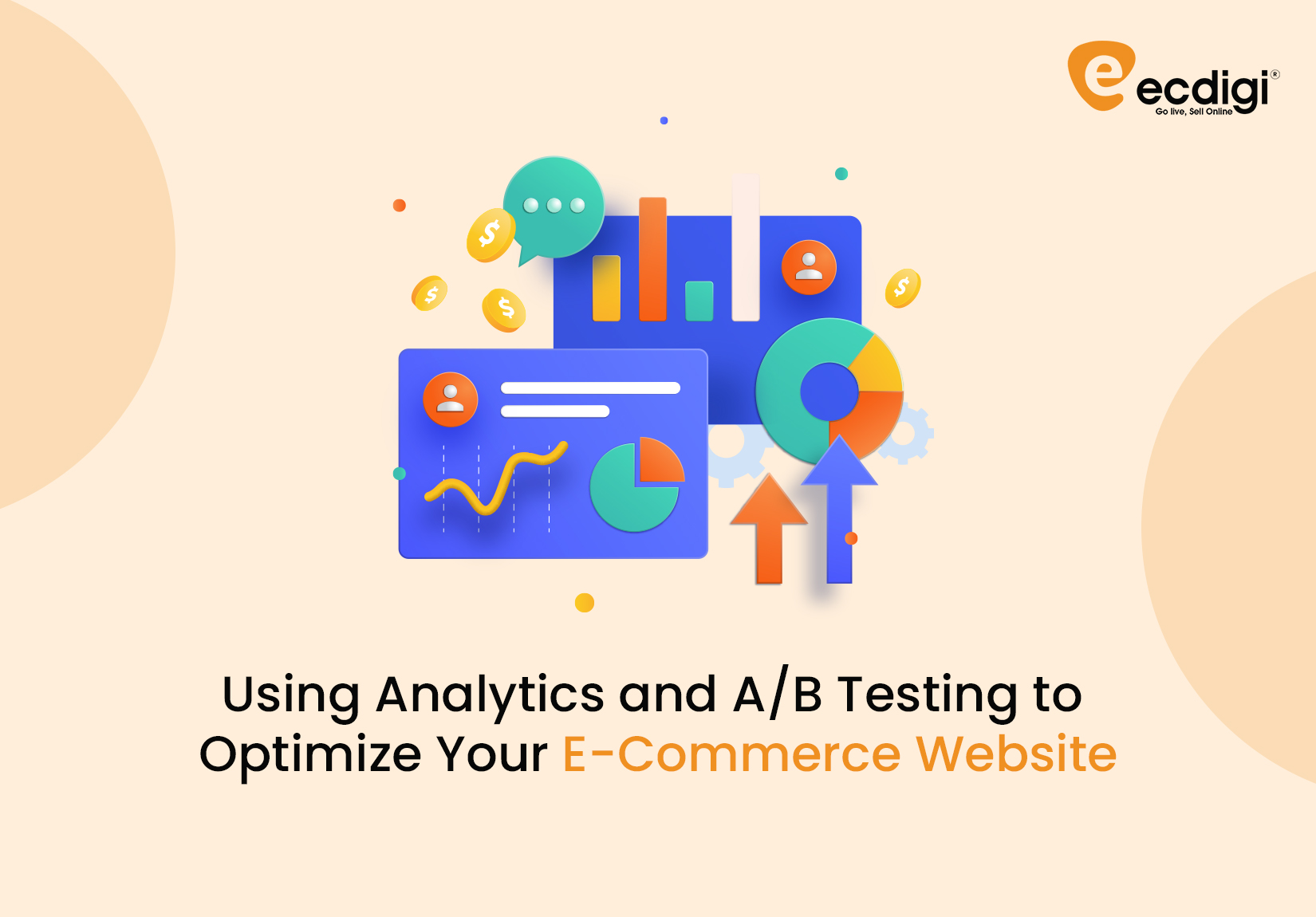How AI Is Transforming e-Commerce
e-Commerce AI | 26 Oct, 2023
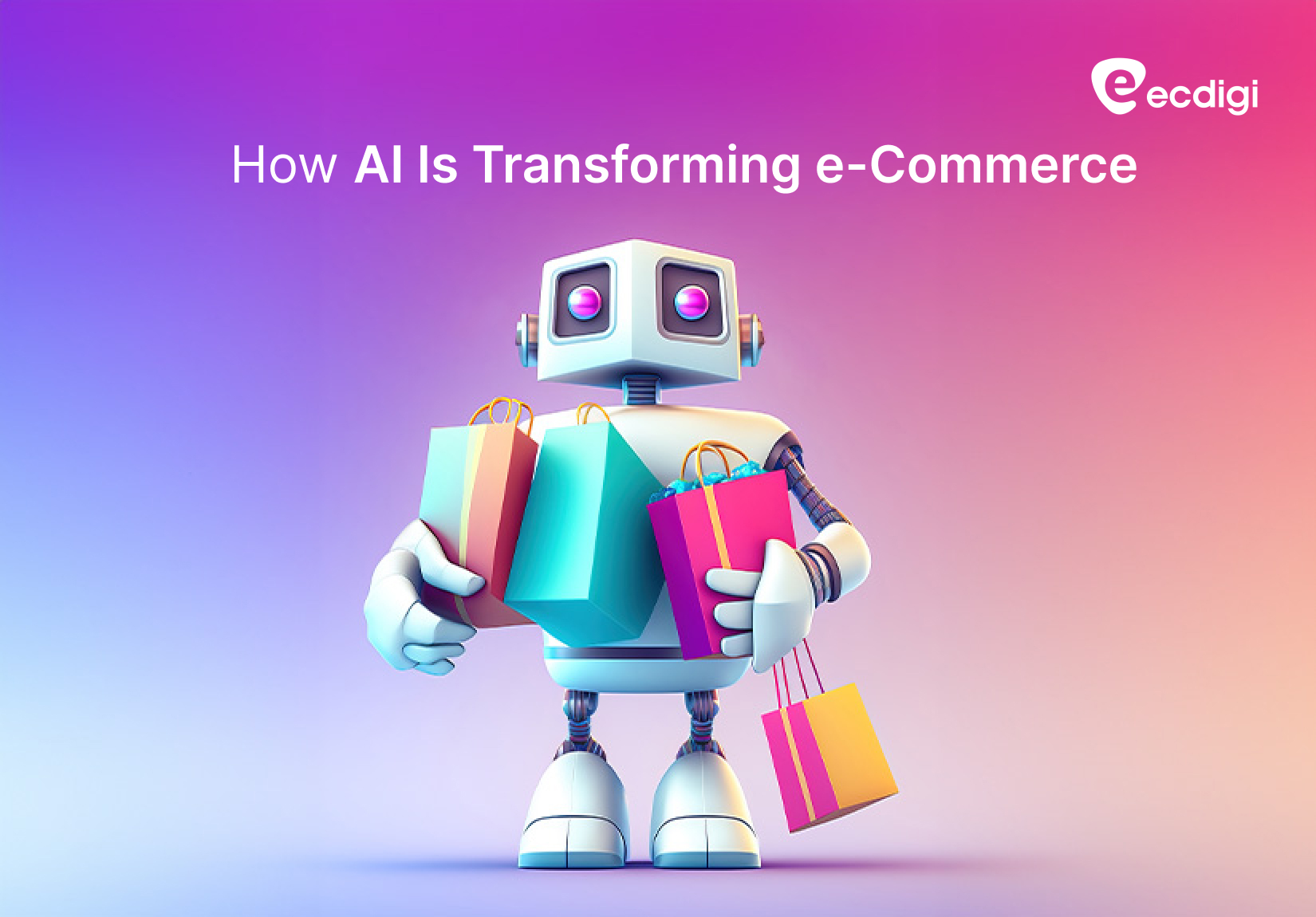
When we hear the words "artificial intelligence (AI)," our minds often conjure images of fantastical plot devices found in science fiction tales. However, in the world of e-Commerce, AI isn't about robots and far-fetched scenarios. Instead, it's all about practical algorithms and learning technologies that form the backbone of automation and more.
AI holds great promise for today's online retailers, offering the tools to provide exceptional customer experiences and make smart business decisions using customer data. In this article, we'll explore the tangible and powerful ways in which AI and e-Commerce join forces to create a seamless online shopping environment.
From Global Pandemic to Online Shopping Revolution
Since the outbreak of the pandemic, online shopping has witnessed an unprecedented surge, with a 55 percent increase in sales, reaching a remarkable $1.7 trillion. Even as the pandemic gradually subsides, the enthusiasm for data-driven online shopping shows no signs of slowing down.
Gartner, a renowned research firm, predicted that in 2022, worldwide revenue from artificial intelligence (AI) software would soar to $62.5 billion, marking a robust 21.3% increase from the previous year.
The prevailing understanding now suggests that any online retailer, regardless of its size, should seriously consider incorporating AI technologies to enhance their e-Commerce website's capabilities if they aim to stay competitive.
e-Commerce innovation with AI is the future, and the more pertinent question might not be how AI tools are influencing e-Commerce but rather how they aren't.
The Transformative Impact of AI on e-Commerce
In the constantly evolving world of e-Commerce, AI is emerging as a transformative force, reshaping the way businesses function.
Now, let's delve into how e-Commerce leaders such as Amazon, Alibaba, eBay, and more leverage AI to strengthen their competitive advantages and promote success.
Amazon's Personalized Recommendations: Amazon uses AI-powered Alexa to offer customized product recommendations, responsible for an impressive 35% of its total sales.
JD.com's Warehouse Automation: JD.com, in partnership with Siasun Robot & Automation Co. Ltd., employs generative AI and robotics to optimize warehouse operations, reducing costs and aiming to trim its manual workforce by 40%.
Alibaba's AI-Powered Customer Service and Smart Logistics: Alibaba's AI chatbot handles 95% of customer inquiries, and the company utilizes AI for product recommendations, search enhancements, and efficient delivery routing, achieving a 10% reduction in vehicle use and a 30% reduction in travel distance.
eBay's Shopbot: eBay features an AI-powered shopping assistant, Shopbot, which helps users discover products through text, voice, or image interactions, enhancing the shopping experience.
These examples illustrate how AI is reshaping e-Commerce, enhancing customer experiences, and improving operational efficiency for these industry giants. Impact of AI on online retail is particularly evident in these innovations
Here are the top 5 benefits of AI in e-Commerce AI technology for your business:
Voice Commerce and Virtual Assistants: Virtual assistants enhance scalability, provide 24/7 support, and offer quick access to information via voice commands.
Smart Search: AI-driven smart search improves the customer experience by providing relevant and personalized search results, increasing the likelihood of conversions.
Personalization: AI allows businesses to tailor the shopping experience based on individual customer preferences, behavior, and purchase history, leading to increased sales and customer satisfaction.
Automation: AI streamlines and automates various tasks, from managing inventory to customer support, freeing up resources and enhancing efficiency.
Remarketing: AI enables businesses to identify and target potential customers who have previously engaged with their products, increasing brand awareness and driving conversions through personalized retargeting campaigns.
How AI Is Revolutionizing e-Commerce
AI is fundamentally reshaping the e-Commerce industry, notably by enabling highly personalized shopping experiences through virtual assistants. This technology empowers online retailers to understand customer behavior, utilize vast datasets, and make data-driven product recommendations. As a result, AI is transforming customer engagement and the online shopping journey.
According to a report by "Business Insider," by 2020, nearly 85% of customer interactions could be automated. This trend has continued to progress, with automated systems efficiently handling various customer queries. Looking ahead to 2025, Tractica predicts that the e-Commerce Solutions for Small Businesses impact of AI software will generate substantial profits, potentially reaching $59.8 billion.
Nevertheless, there is room for improvement. Recent surveys indicate that up to 85% of AI initiatives fall short of expectations. Ongoing advancements in AI algorithms will likely mitigate these issues, reducing the number of initiatives that fail to deliver on their promises.
Final Thought
Machine learning and AI are set to transform the e-Commerce industry in the coming years, but we're already witnessing their profound impact. AI is driving better customer experiences and innovation in e-Commerce, with features like product recommendations, personalized shopping, virtual assistants, chatbots, and voice search. Yet, the benefits don't stop there.
AI's true power lies in its ability to collect and analyze customer data, allowing businesses to tailor their offerings to individual interests. By utilizing AI and customer data effectively, e-Commerce companies can make informed decisions, predict future trends, and fine-tune marketing campaigns with remarkable efficiency. This positions them for success in the highly competitive e-Commerce market.


















